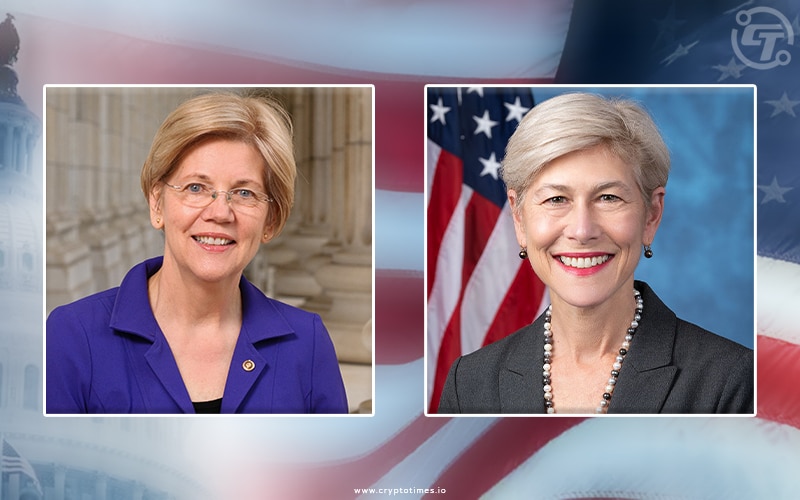In Brief:
- Senator Elizabeth Warren and Representative Deborah Ross introduced the Ransom Disclosure Act.
- A new bill requires ransomware victims to disclose the type of currency utilized for payment and all information about the entity.
- Between 2019 and 2020, ransomware attacks rose by 62% worldwide and 158% in North America.
The United States Senator Elizabeth Warren and Representative Deborah Ross introduced the bicameral Ransom Disclosure Act.
According to the press release, the new bill requires organizations that are ransomware victims to disclose data about ransom payments within 2 days after the payment has been made. It also includes the total amount of ransom demanded and paid, which type of currency is utilized for payment, and any information about the entity demanding the ransom.
“Ransomware attacks are skyrocketing, yet we lack critical data to go after cybercriminals,” said Senator Warren. “My bill with Congressman Ross would set disclosure requirements when ransoms are paid and allow us to learn how much cybercriminals are siphoning from American entities to finance criminal enterprises– and help us go after them.”
The bill also requires the Department of Homeland Security (DHS) to make public the information revealed during the previous year, excluding identifying information about the entities that paid ransoms. DHS is needed to create a website through which individuals can voluntarily report payment of ransoms.
“Ransom attacks are becoming more common every year, threatening our national security, economy, and critical infrastructure,” said Congresswoman Ross.
The Biden administration had also announced the proclamation of October 2021 as a Cybersecurity month to raise awareness about various cyber threats and to create awareness regarding the use of sensitive data safely.
Ransomware attacks grew by 62% worldwide and 158% in North America between 2019-2020. In 2019, the FBI received around 2,500 complaints, up 20% from 2019, which identified over $29 million losses.






